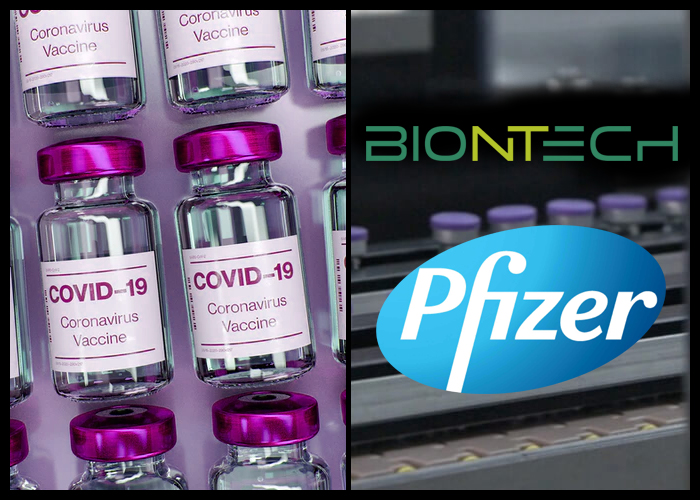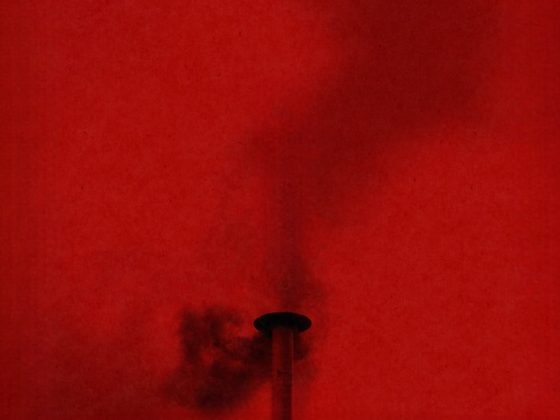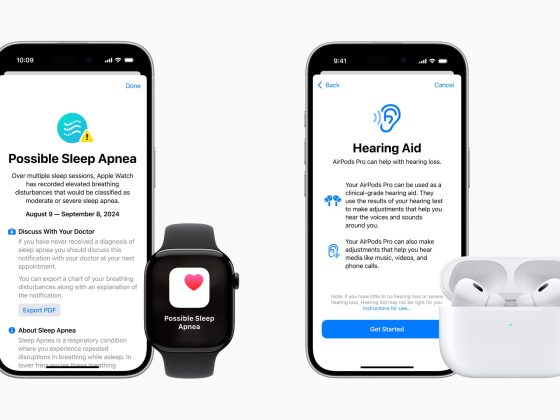Pharmaceutical giant Pfizer Inc. and German biotech firm BioNTech SE have submitted a formal Application for Conditional Marketing Authorization or CMA for their mRNA -based COVID-19 vaccine candidate, BNT162b2, to the European Medicines Agency or EMA. The companies hope that a CMA could potentially enable the use of BNT162b2 in Europe before the end of 2020.
The submission completes the rolling review process initiated on October 6, with non-clinical data and partial Chemistry, Manufacturing, and Controls data, followed by emerging clinical data submitted by Pfizer and BioNTech.
If EMA concludes that the benefits of the vaccine candidate outweigh its risks in protecting against COVID-19, it will recommend granting a CMA, the companies said.
The vaccine candidate will be assessed according to EMA’s normal stringent standards for quality, safety, and efficacy.
The COVID-19 vaccine candidate, BNT162b2, has demonstrated an efficacy of 95 percent in preventing COVID-19 in a phase III study.
The vaccine candidate is currently not approved for distribution anywhere in the world.
Pfizer and BioNTech on November 20th submitted a request to the FDA for Emergency Use Authorization of BNT162b2 against SARS-CoV-2. Their request is scheduled to be reviewed by the FDA’s Vaccines and Related Biological Products Advisory Committee on December 10.
In addition to submission to EMA, FDA, and U.K. MHRA, the companies have also initiated additional rolling submissions in various countries including Australia, Canada, and Japan. The companies also plan to submit applications to other regulatory agencies around the world.
Pfizer and BioNTech expect to produce globally up to 50 million vaccine doses of BNT162b2 in 2020 and up to 1.3 billion doses by the end of 2021.
Among the peers, Moderna Inc. on Monday submitted a request to the FDA for EUA of its COVID-19 vaccine candidate mRNA-1273, and also filed an application for CMA with the European Medicines Agency. In a phase III study, the vaccine candidate has demonstrated the efficacy of 94.5 percent in preventing COVID-19.
For comments and feedback contact: [email protected]









